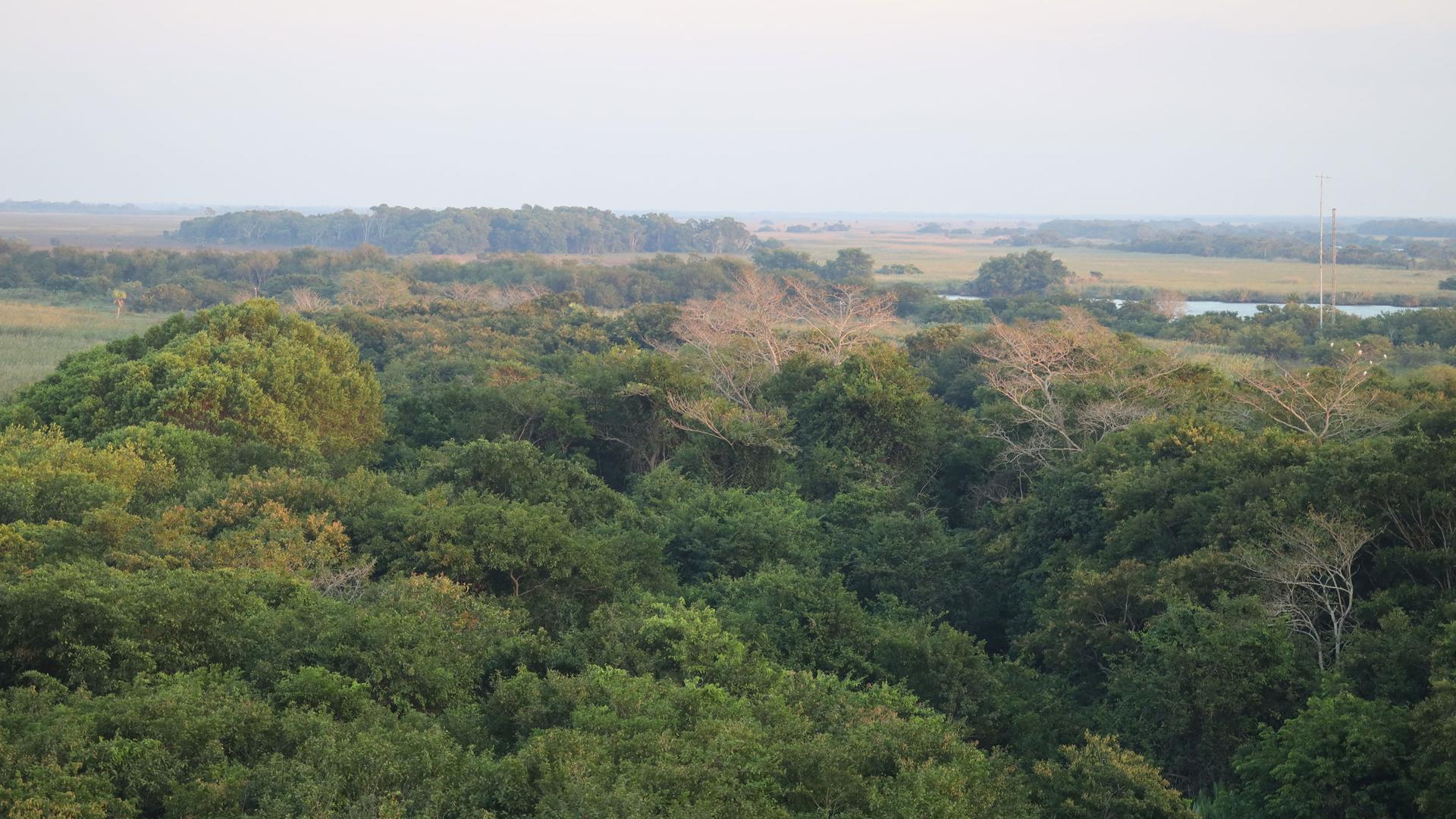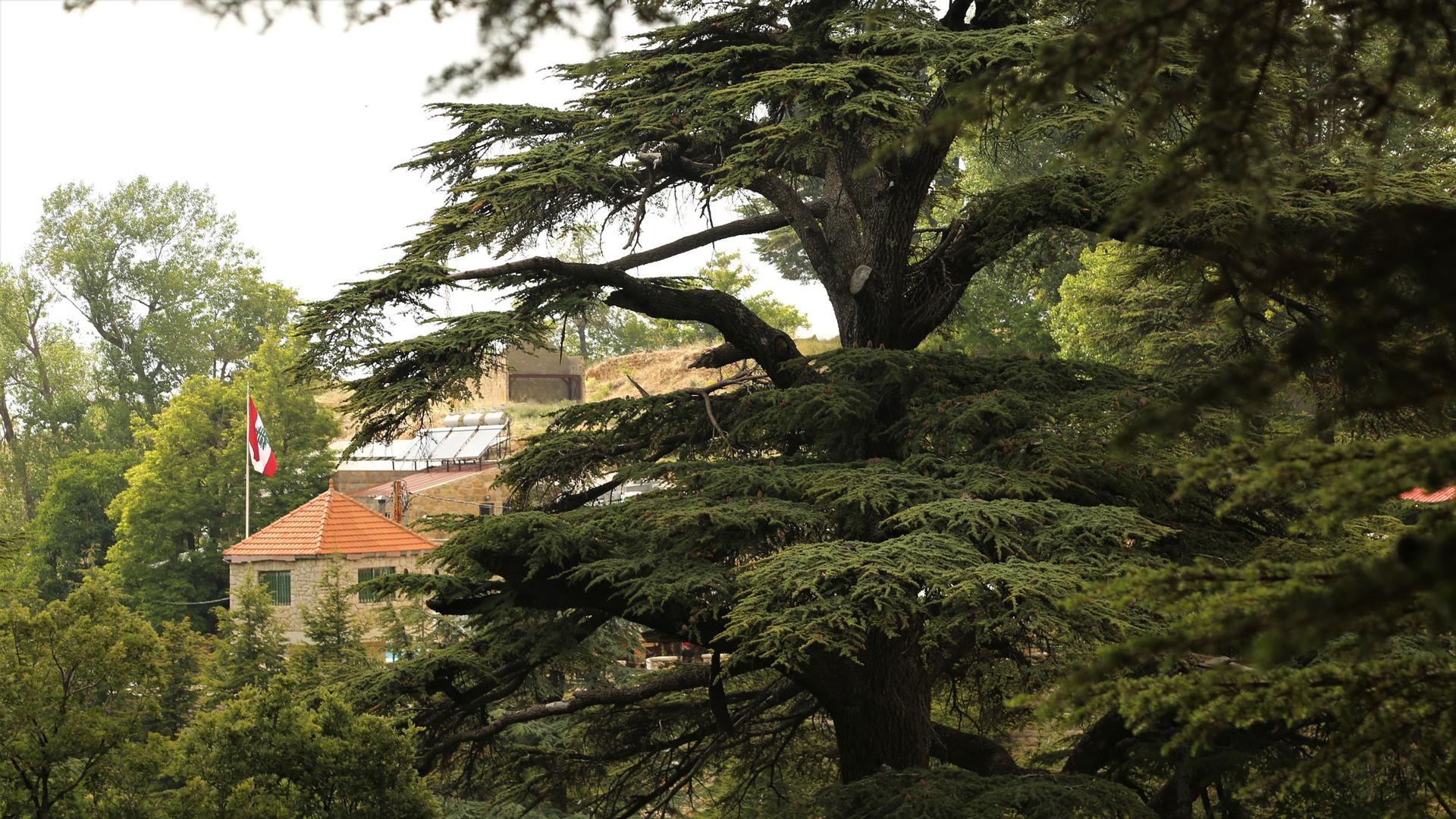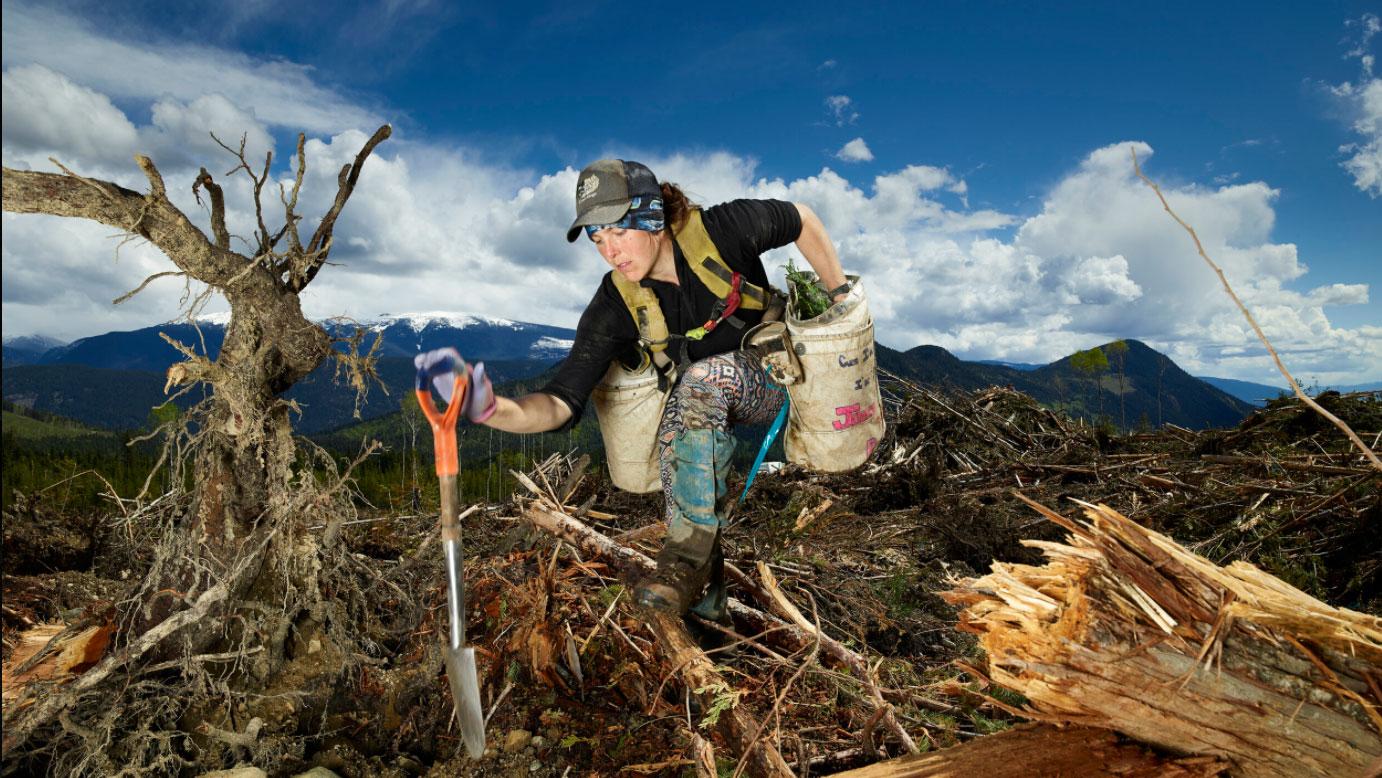Reforestation
Conservationists focus on community reforestation efforts to save Mexico’s wetlands
Mexico’s Centla wetlands are part of an ecological reserve in the southeastern Tabasco state that has been impacted by deforestation, cattle grazing and man-made fires. In recent decades, conservationists with Casa del Agua have promoted reforestation and community education to save the wetlands.
Highly touted REDD program still looking for footing in Indonesia, four years later
The REDD program, facilitated by the United Nations, seeks to preserve crucial forests using financial incentives and markets. But in four years since opening shop in Indonesia, the program has struggled to make a meaningful start.
On eve of Rio environmental conference, Brazil pushes back forestry changes
Brazil’s environmentalists have been pushing the nation’s president to roll back the sweeping environmental changed the country’s Congress passed. They got some of what they want, but another environmentalists is pushing for a radical change in how we think about climate change treaties.
Preserving the Congo Basin’s Trees, Part 1
Protecting forests could play a critical role in the fight against climate change. Many of the world’s nations are banking on a scheme called REDD which puts a price on trees so they’re more valuable standing than cut down. Living on Earth continues its series “REDD Path to a Green Planet” with a visit to Central Africa. Producers Alex Chadwick and Christopher Johnson travel to the Congo Basin and find a forest that’s largely untouched and biologically rich and diverse. Some environmentalists and investors are betting that big money can be made in the emerging global carbon market if the region’s trees are protected.
REDD Debate
Part of the California cap and trade plan starting in November will encourage polluting companies to buy carbon credits from tropical countries committed to REDD, Reducing Emissions from Deforestation and Degradation. Many environmental groups and scientists say it’s a win-win for preserving tropical forests and reducing carbon emissions. But others say not so fast.


